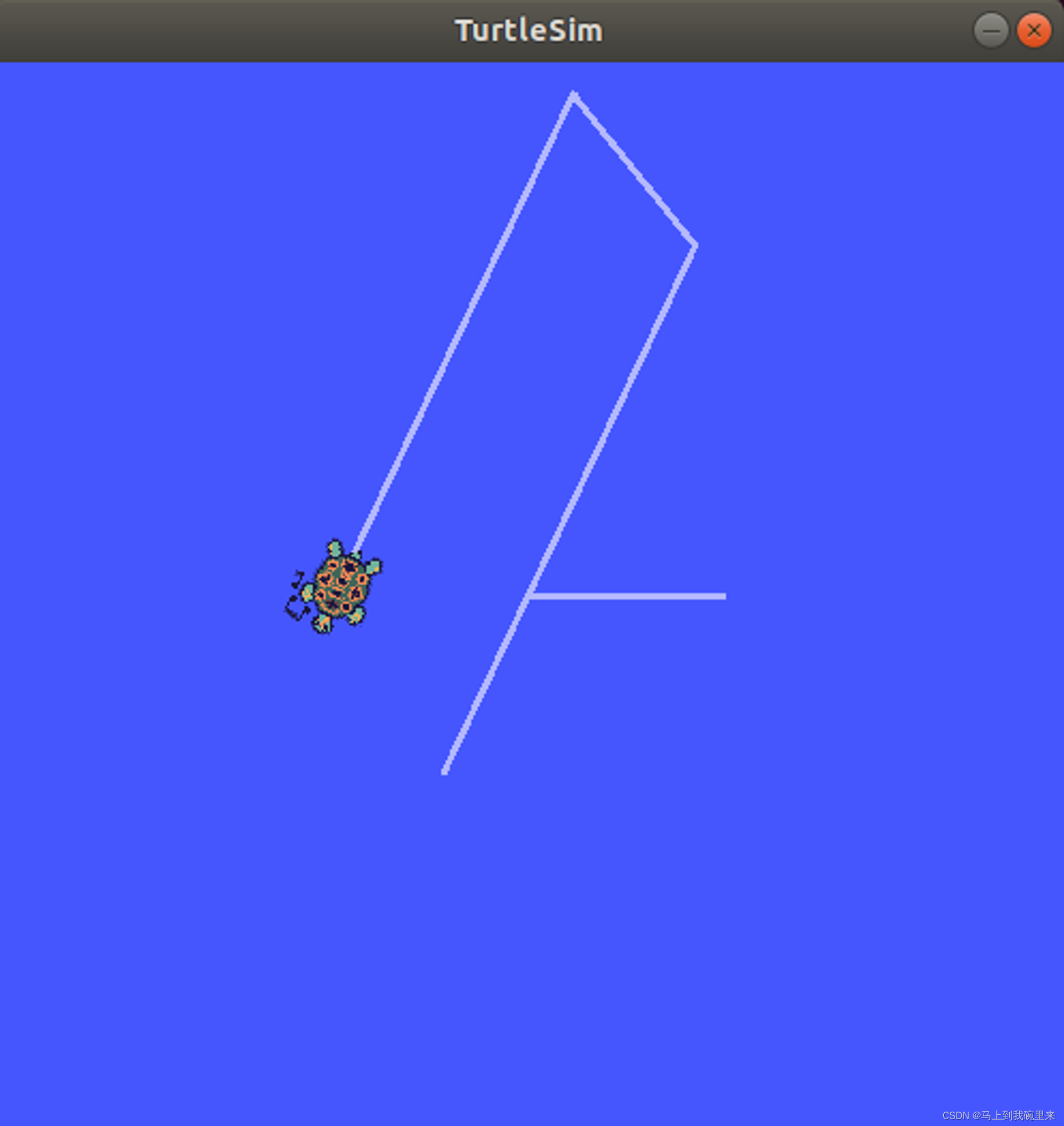现在的esp32开发环境非常简单,参考如下:
dl.espressif.cn/dl/esp-idf/
在上面的链接中选择合适的版本进行安装,安装后环境自带源文件、编译连接工程脚本、图形化配置脚本、编译器、烧录调试工具。
这里我选择安装在C盘,C:\Espressif 默认路径方便后面的环境变量配置;
![]()
使用顺手的开发工具,我这里直接使用VScode + 内置命令行。

安装后生成的快捷方式如上,使用他进行命令控制。

idf.py menuconfig
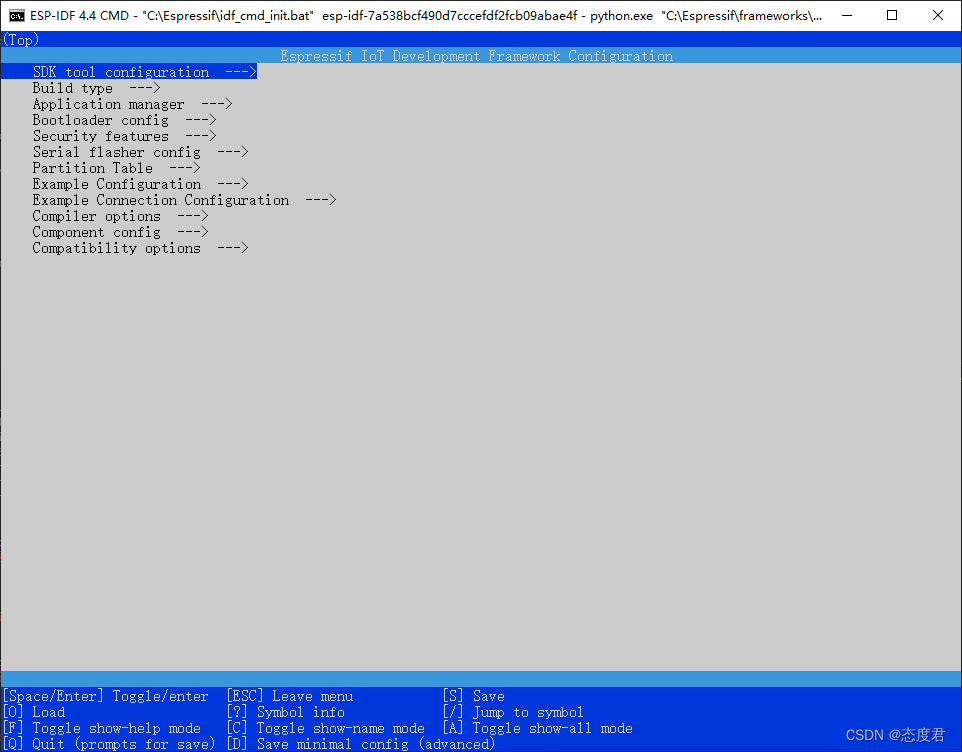
编译: idf.py build
烧录:
idf.py -p PORT flash
例如 idf.py -p COM13 flash
进入烧录前需要使模组处于等待固件更新状态,我这里是拉低boot脚,重新上电/复位
烧录完成,enjoy it!
附上修改的代码:
/* BSD Socket API Example
This example code is in the Public Domain (or CC0 licensed, at your option.)
Unless required by applicable law or agreed to in writing, this
software is distributed on an "AS IS" BASIS, WITHOUT WARRANTIES OR
CONDITIONS OF ANY KIND, either express or implied.
*/
#include <string.h>
#include <sys/param.h>
#include "freertos/FreeRTOS.h"
#include "freertos/task.h"
#include "freertos/event_groups.h"
#include "esp_system.h"
#include "esp_wifi.h"
#include "esp_event.h"
#include "esp_log.h"
#include "nvs_flash.h"
#include "esp_netif.h"
#include "protocol_examples_common.h"
#include "addr_from_stdin.h"
#include "lwip/err.h"
#include "lwip/sockets.h"
#include <stdio.h>
#include "driver/uart.h"
#include "driver/gpio.h"
#include "sdkconfig.h"
#include "esp_log.h"
#include <string.h>
#if defined(CONFIG_EXAMPLE_IPV4)
#define HOST_IP_ADDR CONFIG_EXAMPLE_IPV4_ADDR
#elif defined(CONFIG_EXAMPLE_IPV6)
#define HOST_IP_ADDR CONFIG_EXAMPLE_IPV6_ADDR
#else
#define HOST_IP_ADDR ""
#endif
#define PORT CONFIG_EXAMPLE_PORT
static const char *TAG = "example";
static const char *payload = "Message from client \r\n";
#define RX_BUFFER_SIZE (4096)//protcol define MAX
#define CONFIG_EXAMPLE_UART_PORT_NUM 2
#define ECHO_UART_PORT_NUM (CONFIG_EXAMPLE_UART_PORT_NUM)
static char rx_buffer[RX_BUFFER_SIZE];
static unsigned int recv_count;
static void tcp_client_task(void *pvParameters)
{
char host_ip[] = HOST_IP_ADDR;
int addr_family = 0;
int ip_protocol = 0;
while (1) {
#if defined(CONFIG_EXAMPLE_IPV4)
struct sockaddr_in dest_addr;
dest_addr.sin_addr.s_addr = inet_addr(host_ip);
dest_addr.sin_family = AF_INET;
dest_addr.sin_port = htons(PORT);
addr_family = AF_INET;
ip_protocol = IPPROTO_IP;
#elif defined(CONFIG_EXAMPLE_IPV6)
struct sockaddr_in6 dest_addr = { 0 };
inet6_aton(host_ip, &dest_addr.sin6_addr);
dest_addr.sin6_family = AF_INET6;
dest_addr.sin6_port = htons(PORT);
dest_addr.sin6_scope_id = esp_netif_get_netif_impl_index(EXAMPLE_INTERFACE);
addr_family = AF_INET6;
ip_protocol = IPPROTO_IPV6;
#elif defined(CONFIG_EXAMPLE_SOCKET_IP_INPUT_STDIN)
struct sockaddr_storage dest_addr = { 0 };
ESP_ERROR_CHECK(get_addr_from_stdin(PORT, SOCK_STREAM, &ip_protocol, &addr_family, &dest_addr));
#endif
int sock = socket(addr_family, SOCK_STREAM, ip_protocol);
if (sock < 0) {
ESP_LOGE(TAG, "Unable to create socket: errno %d", errno);
break;
}
ESP_LOGI(TAG, "Socket created, connecting to %s:%d", host_ip, PORT);
int err = connect(sock, (struct sockaddr *)&dest_addr, sizeof(struct sockaddr_in6));
if (err != 0) {
ESP_LOGE(TAG, "Socket unable to connect: errno %d", errno);
break;
}
ESP_LOGI(TAG, "Successfully connected");
vTaskDelay(5000 / portTICK_PERIOD_MS);
while (1) {
int err = send(sock, payload, strlen(payload), 0);
if (err < 0) {
ESP_LOGE(TAG, "Error occurred during sending: errno %d", errno);
break;
}
int len = recv(sock, rx_buffer, sizeof(rx_buffer) - 1, 0);
// Error occurred during receiving
if (len < 0) {
ESP_LOGE(TAG, "recv failed: errno %d", errno);
break;
}
// Data received
else {
rx_buffer[len] = 0; // Null-terminate whatever we received and treat like a string
recv_count = recv_count + len;
//ESP_LOGI(TAG, "Received %d bytes from %s,recv count is %d.", len, host_ip,recv_count);
//for(unsigned int i= 0;i<len;i++)
//{
// esp_rom_printf("%02x", rx_buffer[i]);
//}
uart_write_bytes(ECHO_UART_PORT_NUM, (const char *) rx_buffer, len);
//ESP_LOGI(TAG, "%s", rx_buffer);
//esp_rom_printf("%s", rx_buffer);
}
vTaskDelay(10 / portTICK_PERIOD_MS);
}
if (sock != -1) {
ESP_LOGE(TAG, "Shutting down socket and restarting...");
shutdown(sock, 0);
close(sock);
}
}
vTaskDelete(NULL);
}
#define CONFIG_EXAMPLE_UART_BAUD_RATE 115200
#define CONFIG_EXAMPLE_UART_RXD 33
#define CONFIG_EXAMPLE_UART_TXD 16
#define CONFIG_EXAMPLE_TASK_STACK_SIZE 2048
#define ECHO_TEST_TXD (CONFIG_EXAMPLE_UART_TXD)
#define ECHO_TEST_RXD (CONFIG_EXAMPLE_UART_RXD)
#define ECHO_TEST_RTS (UART_PIN_NO_CHANGE)
#define ECHO_TEST_CTS (UART_PIN_NO_CHANGE)
#define ECHO_UART_BAUD_RATE (CONFIG_EXAMPLE_UART_BAUD_RATE)
#define ECHO_TASK_STACK_SIZE (CONFIG_EXAMPLE_TASK_STACK_SIZE)
//static const char *TAG = "UART TEST";
#define BUF_SIZE (1024)
static void echo_task(void *arg)
{
/* Configure parameters of an UART driver,
* communication pins and install the driver */
uart_config_t uart_config = {
.baud_rate = ECHO_UART_BAUD_RATE,
.data_bits = UART_DATA_8_BITS,
.parity = UART_PARITY_DISABLE,
.stop_bits = UART_STOP_BITS_1,
.flow_ctrl = UART_HW_FLOWCTRL_DISABLE,
.source_clk = UART_SCLK_APB,
};
int intr_alloc_flags = 0;
#if CONFIG_UART_ISR_IN_IRAM
intr_alloc_flags = ESP_INTR_FLAG_IRAM;
#endif
ESP_ERROR_CHECK(uart_driver_install(ECHO_UART_PORT_NUM, BUF_SIZE * 2, 0, 0, NULL, intr_alloc_flags));
ESP_ERROR_CHECK(uart_param_config(ECHO_UART_PORT_NUM, &uart_config));
ESP_ERROR_CHECK(uart_set_pin(ECHO_UART_PORT_NUM, ECHO_TEST_TXD, ECHO_TEST_RXD, ECHO_TEST_RTS, ECHO_TEST_CTS));
// Configure a temporary buffer for the incoming data
uint8_t *data = (uint8_t *) malloc(BUF_SIZE);
uint8_t test_world[20]="hello_world";
memcpy(data,test_world,20);
while (1) {
// Read data from the UART
//int len = uart_read_bytes(ECHO_UART_PORT_NUM, data, (BUF_SIZE - 1), 20 / portTICK_RATE_MS);
// Write data back to the UART
//uart_write_bytes(ECHO_UART_PORT_NUM, (const char *) data, len);
//if (len) {
// data[len] = '\0';
// ESP_LOGI(TAG, "Recv str: %s", (char *) data);
//}
//uart_write_bytes(ECHO_UART_PORT_NUM, (const char *) data, 20);
vTaskDelay(1000 / portTICK_PERIOD_MS);
}
}
#define TCP_CLIENT_TASK_STACK_SIZE (8*1024)
void app_main(void)
{
ESP_ERROR_CHECK(nvs_flash_init());
ESP_ERROR_CHECK(esp_netif_init());
ESP_ERROR_CHECK(esp_event_loop_create_default());
/* This helper function configures Wi-Fi or Ethernet, as selected in menuconfig.
* Read "Establishing Wi-Fi or Ethernet Connection" section in
* examples/protocols/README.md for more information about this function.
*/
ESP_ERROR_CHECK(example_connect());
xTaskCreate(tcp_client_task, "tcp_client", TCP_CLIENT_TASK_STACK_SIZE, NULL, 5, NULL);
xTaskCreate(echo_task, "uart_echo_task", ECHO_TASK_STACK_SIZE, NULL, 10, NULL);
}
修改了数据透传到另外一个串口,原始log串口不动。
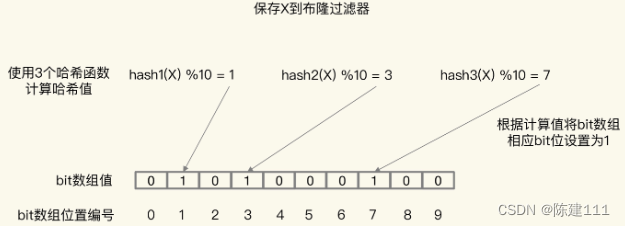
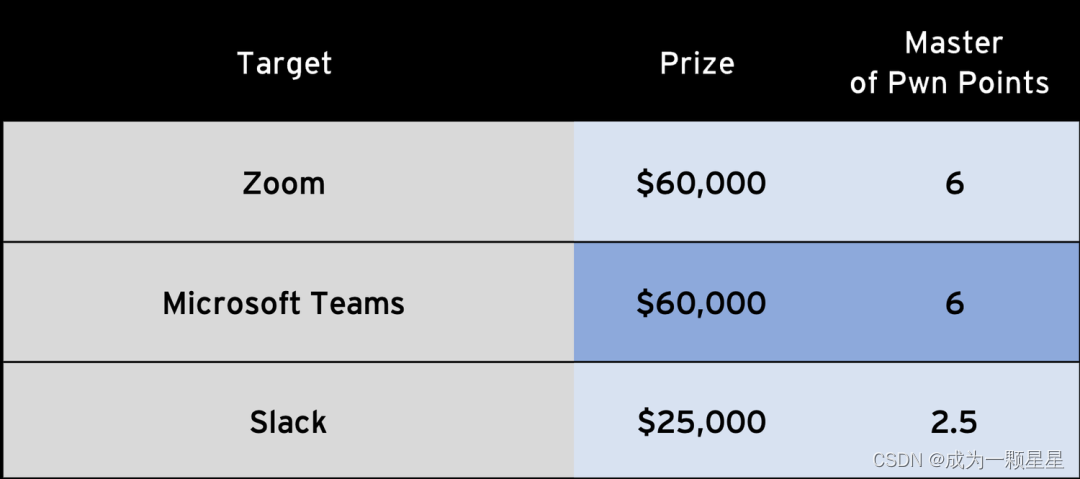
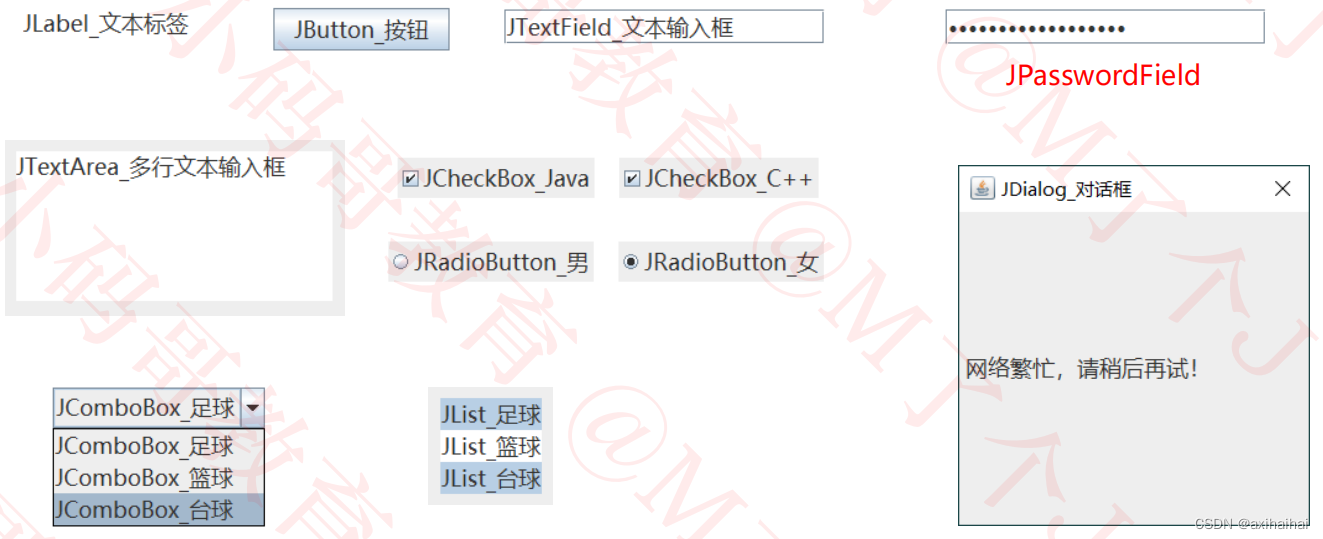


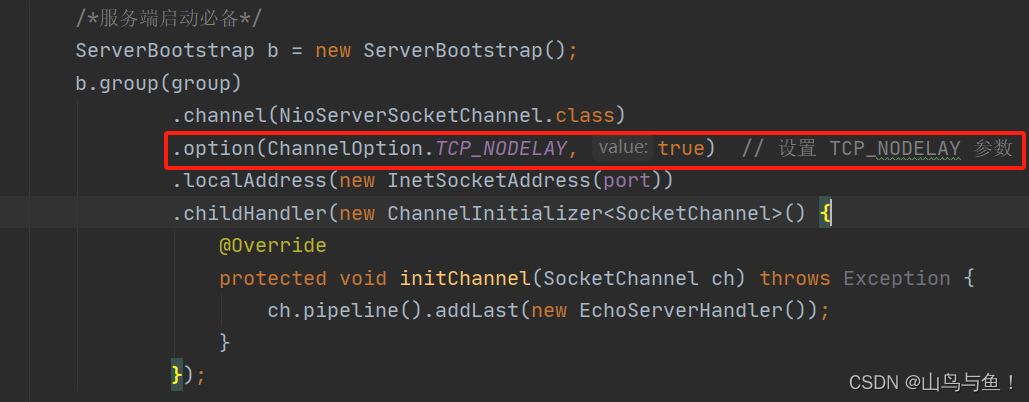
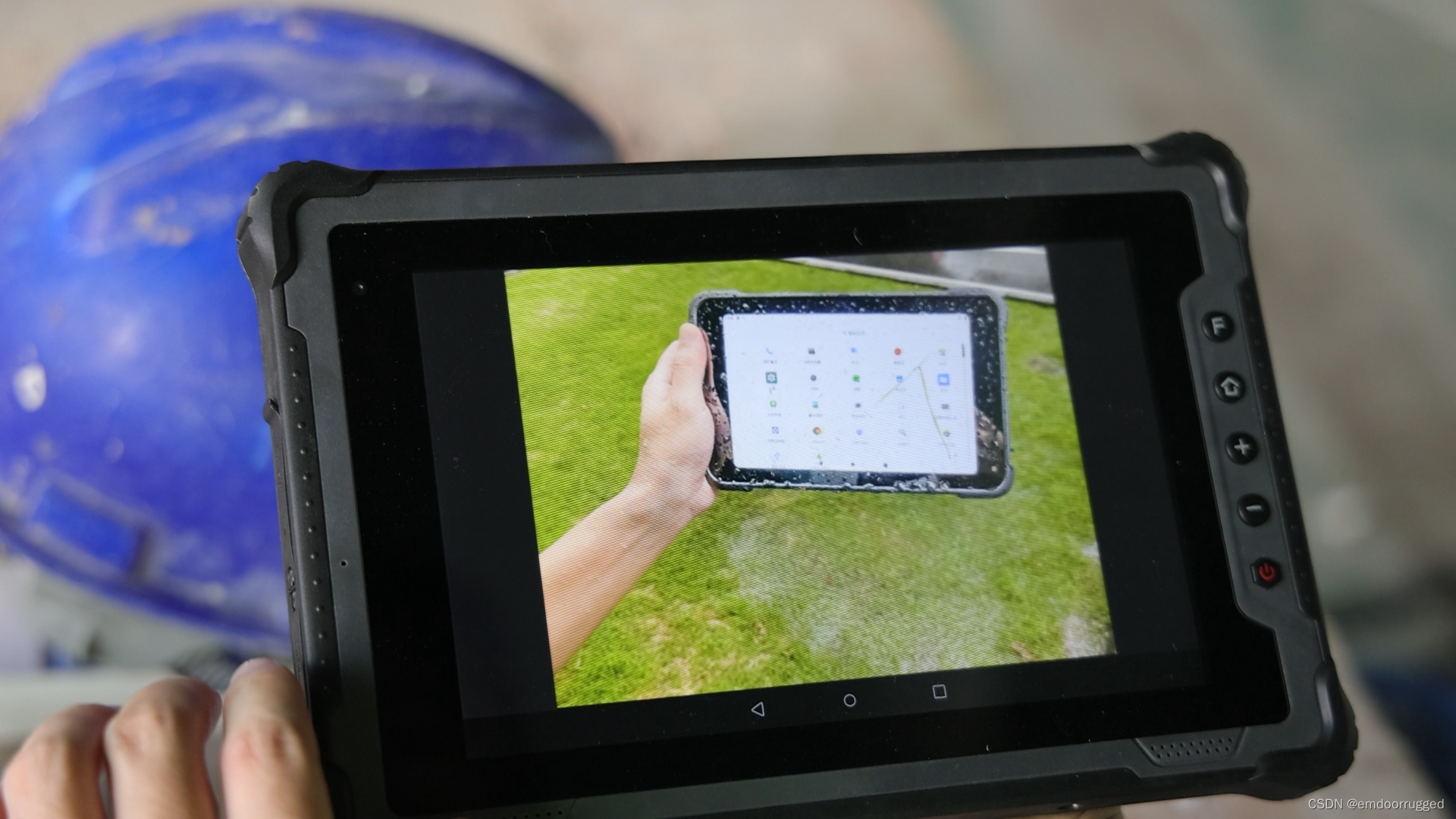



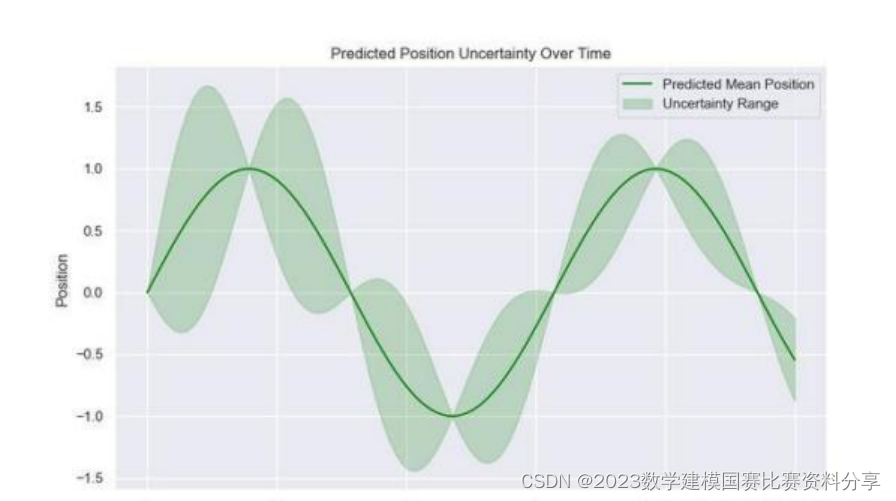





![[晓理紫]AI专属会议截稿时间订阅](https://img-blog.csdnimg.cn/direct/0bae701d1cae47cc8ad3065a38e51e61.jpeg#pic_center)
